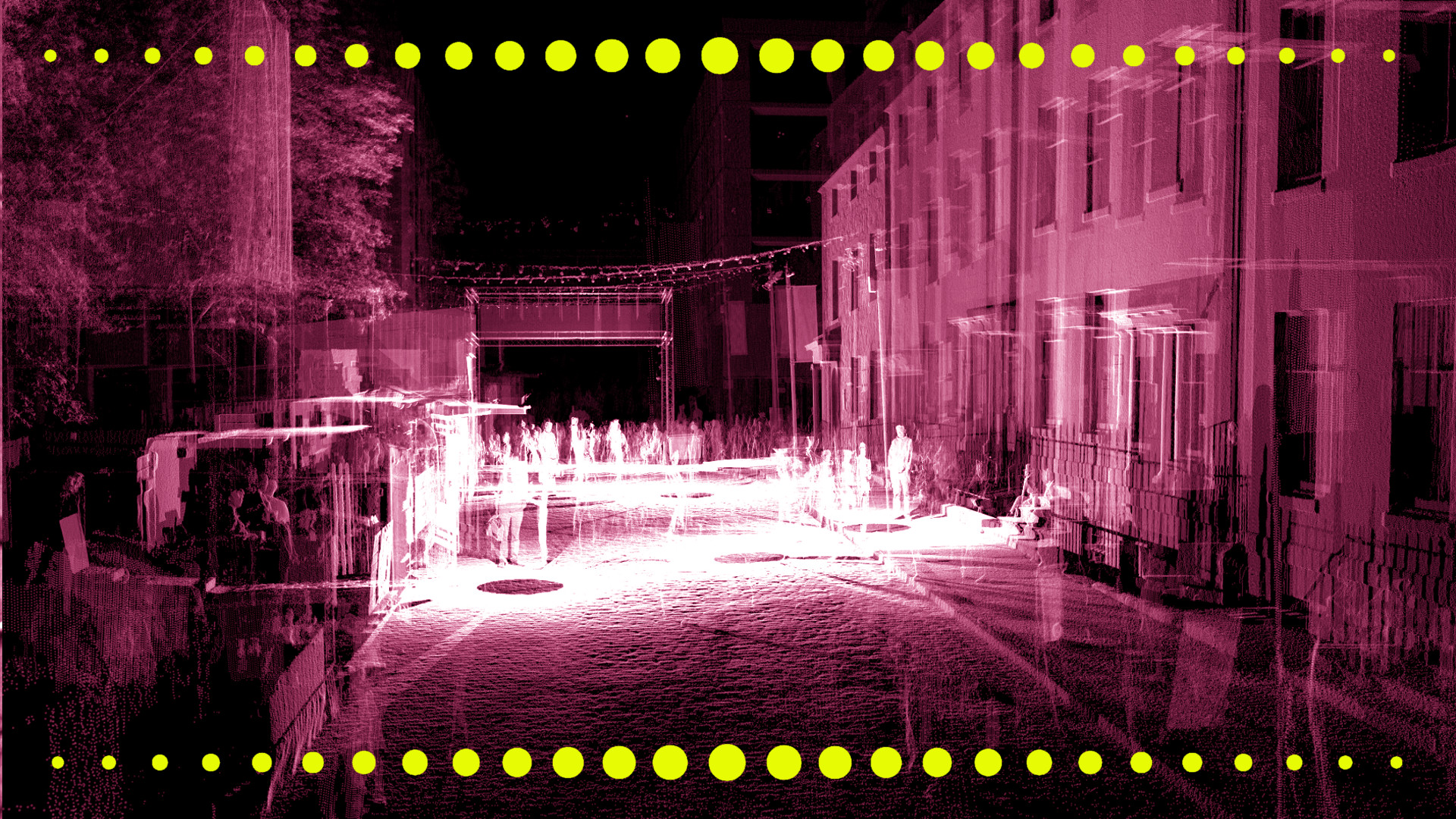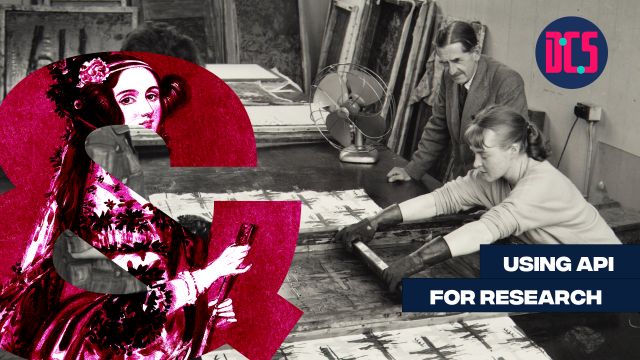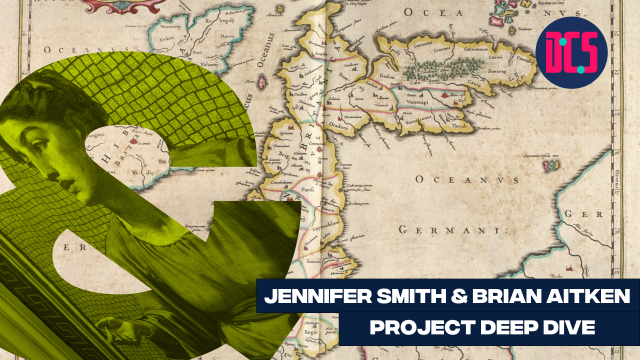Recording 3D Data: Lidar Scanner Tutorials

IN PERSON
This two-part course introduces participants to LiDAR (laser imaging, detection, and ranging) which is a method for surveying 3-dimensionally using distances by targeting an object with a laser and measuring the time for the reflected light to return to the receiver. It has terrestrial, airborne, and mobile applications.
In the first session, you will learn how to operate the University of Edinburgh’s BLK360 LIDAR scanners. This session covers setup and data capture.
In the second session, you will learn how to convert raw LIDAR scan data into point cloud format for use in a range of post-processing and analysis software.
This is a beginner level event. No previous knowledge on the topic is required/expected and the trainer will cover the basics of the method.
This event will take place in person at the Maker Space Studio.
Those who have registered to take part will receive an email with full details on how to get ready for the course.
If you’re new to this training event format, or to CDCS training events in general, read more on what to expect from CDCS training. Here you will also find details of our cancellation and no-show policy, which applies to this event.
If you're interested in other training on working with 3D data, have a look at the following:
- Digital Method of the Month: 3D Scanning
- From Photos to 3D models. Introduction to Photogrammetry
- Walking Tour of the 3D Printing Facilities












